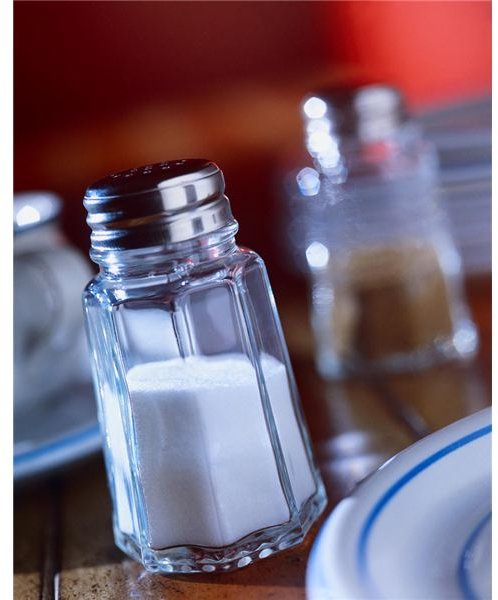Why is Junk Food Unhealthy? Learn What Makes Junk Food Unhealthy and How to Make Better Choices
Those Extra Calories Have to Go Somewhere
When you eat a typical fast food meal, you consume far more calories in one sitting than the average person can use in one day. Calories that are not burned as fuel are stored in the body as fat. Eat enough of these meals and you can gain excess weight, which could contribute to the development of type 2 diabetes, heart disease, and arthritis.
Fat, Fat, and More Fat
Fast food meals and junk foods like chips or doughnuts are very high in fat. Excess fat is not so great for your heart. A mountain of evidence shows quite conclusively that long-term consumption of a diet high in fat, especially animal fats and trans fats, can lead to heart disease and liver dysfunction. High fat diets have also been shown to mess with your cognitive function, leaving your brain in a fog.
Salt Lick, Anyone?

Most processed foods are high in sodium. This can lead to hypertension, or high blood pressure, a dangerous condition that puts your cardiovascular system under duress. Over time, this makes your kidneys work unduly hard and makes you a candidate for renal disease and failure. Some research also suggests that a diet high in sodium could upset the balance of calcium in your bones and contribute to osteoporosis.
All That Sugar Isn’t So Sweet
Many junk foods and fast food menu items contain sugar, which can, when consumed in excess over a long period of time, disrupt your body’s normal metabolic process, leading to type 2 diabetes. Much of that sugar is in the form of high fructose corn syrup (HFCS), which some believe leads to a form of addiction and piles on pounds. In the short term, high sugar consumption causes your blood sugar levels to fluctuate, often wildly, leaving you crabby and tired.
Good Nutrients Don’t Stand a Chance

Most processed foods (this includes junk food and fast food), as postulated by Dr. David Kessler, in his book, The End of Overeating: Taking Control of the Insatiable American Appetite, are built on a triad of salt, sugar, and fat in a combination that laboratory animals - and humans - find hard to resist. They also find it difficult to stop eating, as the satiation value (feeling of fullness) from these foods is low. Overeating such items is common, and can lead to weight gain. Other, more nutritious foods get crowded out of your diet. Fruits, vegetables, and whole grains don’t stand a chance if you fill up on processed food’s refined grains, fat, and sugar.
It Contains Chemicals That Would Make Your Great-Grandmother Cringe
TBHQ? Disodium what?? Processed food is an alphabet soup of chemicals your great-grandmother wouldn’t recognize, including artificial flavors, colors, and preservatives that might be harmful to your health. For example, the artificial food dye Red #2 is a suspected carcinogen, and has been banned. The additives aren’t just in the food; even the paper wrappings that your fast food burger comes in are treated with chemicals.
Why is junk food unhealthy? Mainly because when you’re eating junk, you’re not giving your body the best possible fuel for optimum health.
Credits
Photo courtesy of istock.com
References
FitDay.com, “Fast Food Nutrition: Junk Food’s Effffect on Your Body” https://www.fitday.com/fitness-articles/nutrition/healthy-eating/fast-food-nutrition-junk-foods-effect-on-your-body.html
NIH News, “Eating at Fast-food Restaurants More than Twice Per Week is Associated with More Weight Gain and Insulin Resistance in Otherwise Healthy Young Adults” (press release), “https://www.nih.gov/news/pr/dec2004/nhlbi-30.htm
WebMD.com, “Junk Food Facts” https://www.webmd.com/diet/features/junk-food-facts
